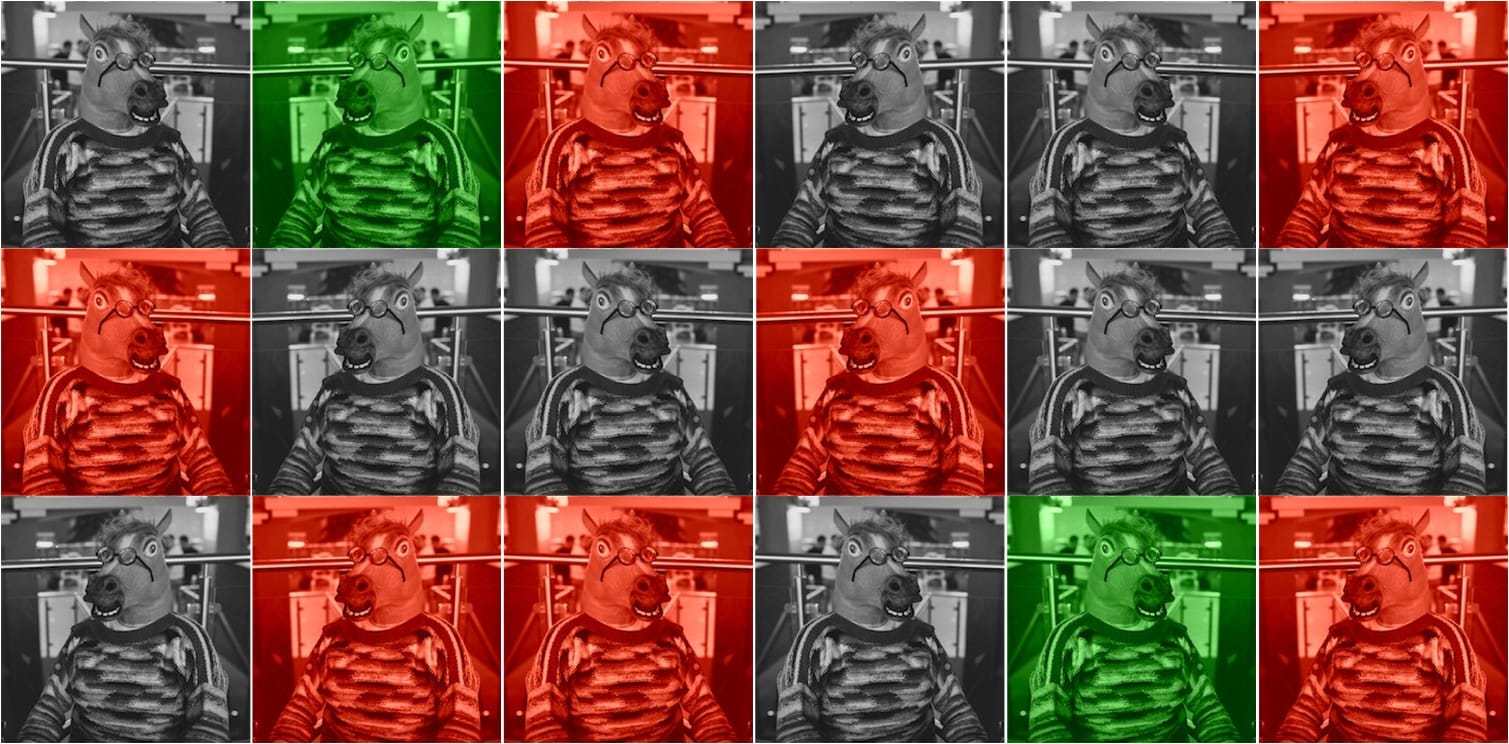Counterpoint: "20 Questions to Detect Fake Data Scientists"

Just recently, links to an essay entitled "20 Questions to Detect Fake Data Scientists" were making the rounds in some of the forums that I frequent. And following up the 20 questions suggested by the author was the following quote: "A 'real' data scientist knows how to apply mathematics, statistics, how to build and validate models using proper experimental designs. Having IT skills without statistics skills makes you a data scientist as much as it makes you a surgeon to know how to build a scalpel." The question that arises immediately in my mind in response to this statement is "What are 'IT skills', exactly?".
Of course, there are many definitions of "data scientist". However, the best definition presented to date is probably the one which originated from Josh Wills, Director of Data Science at Cloudera, with which I continue to cross paths: "Person who is better at statistics than any software engineer and better at software engineering than any statistician." While the reality is likely a bit more complex, this is a clean definition which emphasizes the combined need for both the skills of the software engineer and the skills of the statistician within a single individual, and speaks to the relative scarcity of individuals who can fill this need.